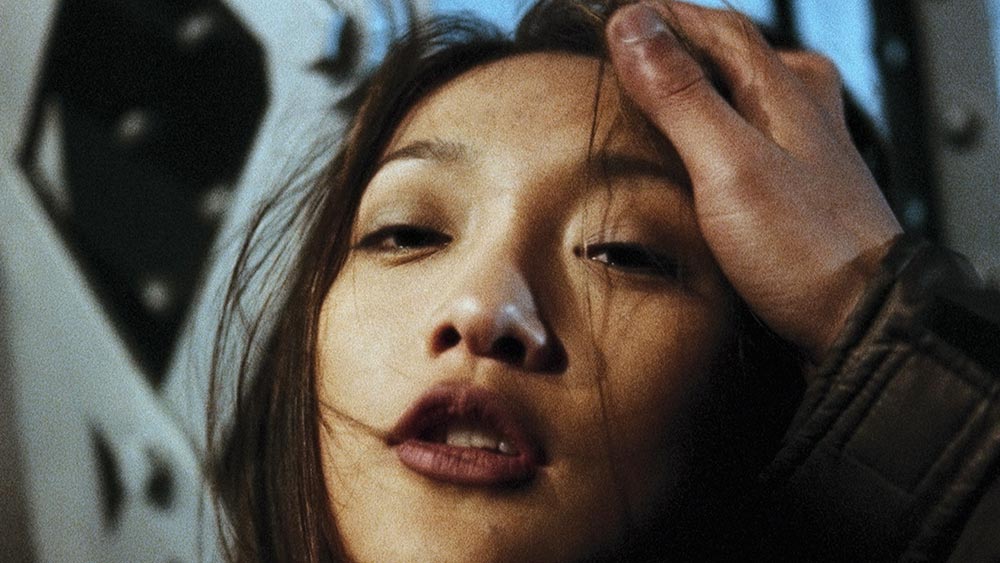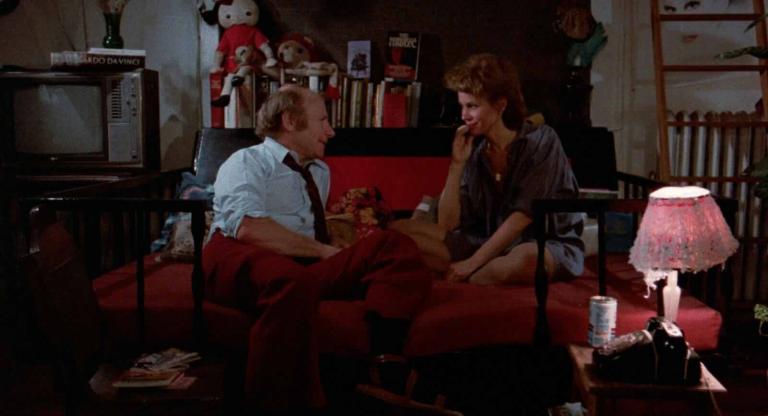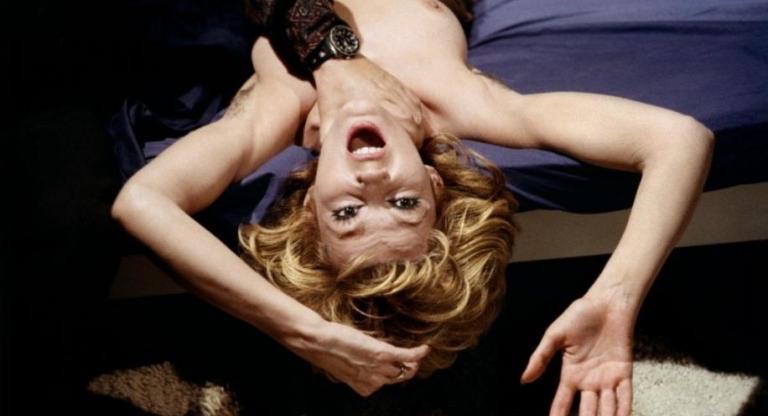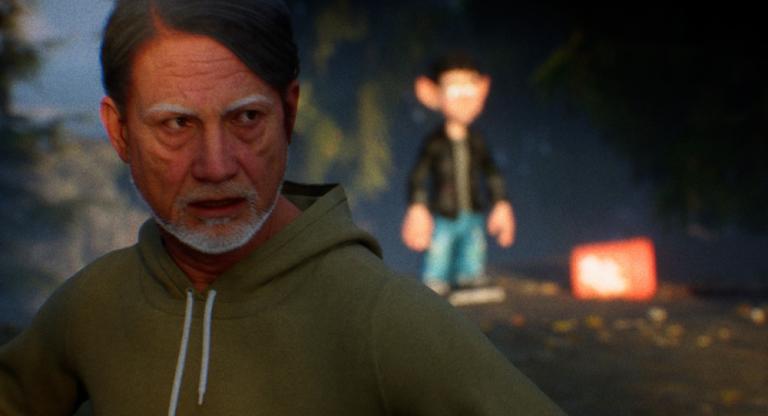At the center of Lou Ye’s Suzhou River (2000) is an unseen, unnamed narrator who works as a videographer for hire. In the film’s opening sequence, he floats down the river, which snakes through Shanghai, as images of boats and workers flash by. His Suzhou River is a place of comings and goings, reversals, bad deals, shake-ups, romances, and delusions. One might see a mermaid combing her hair on its muddy banks, he tells us, or a pair of dead bodies heavy with dirty water. “There’s a century’s worth of stories here and rubbish,” he says, “which makes it the filthiest river.”
Suzhou River is mercurial and dazzling; it intermittently shifts perspectives and brings memories to its surface in past-tense narration, enmeshing present and past, truth and fiction. The videographer describes falling for Meimei (Zhou Xun), a performer he meets at a local nightclub. In POV, we see his hand reaching to caress her beautiful and distant face from behind his camera as he recalls their love affair. In trying to explain his complicated relationship with Meimei, the videographer starts to recount the story of Mardar, a motorcycle courier (Jia Hongsheng) who is hired by a wealthy businessman to drive his teenaged daughter, Moudan (also Zhou Xun), around. The perspective shifts from his POV and the action follows Mardar and Moudan as they begin an ill-fated relationship that ends with a bungled kidnapping plot and a stint in prison for the former.
When the courier returns to Shanghai, he becomes convinced that Meimei is Moudan, a fiction the performer begins to indulge. “Am I the girl you’re looking for?” Meimei asks Mardar, pressing a temporary tattoo on her upper thigh and wetting the thin slip of paper with her spit. Through Meimei, the videographer and Mardar’s paths cross. A rivalry begins between them that shifts in and out of the narrator’s focus.
Lou is a part of the so-called Sixth Generation of Chinese filmmakers. The group—which includes directors such as Jia Zhangke, Wang Xiaoshuai, and Zhang Yuan—emerged in the 1990s in the wake of the Tiananmen Square demonstrations. Sixth Generation works are characterized by a disaffected view of late-20th-century China, depicting the country’s unraveling urban fringes. Lacking state funding, these productions were made quickly and cheaply, often with 16mm or digital video.
Suzhou River is shot in hazy 16mm, but digital video is of crucial importance to the film as a concept. In the opening sequence, the stares and waves of passersby slowly reveal that it’s the videographer’s camera roll we’re watching—yet somehow any video quality has melted away; here, pure optical seeing has merged with poetic reflection. As much of the film’s action unfolds in POV, the immediate voyeurism and eroticism of looking through a video camera melds with the material presence, and prolonged process, of film. In this way, Lou makes time float in different directions.
Suzhou River is now playing at Film Forum in a new digital restoration.



